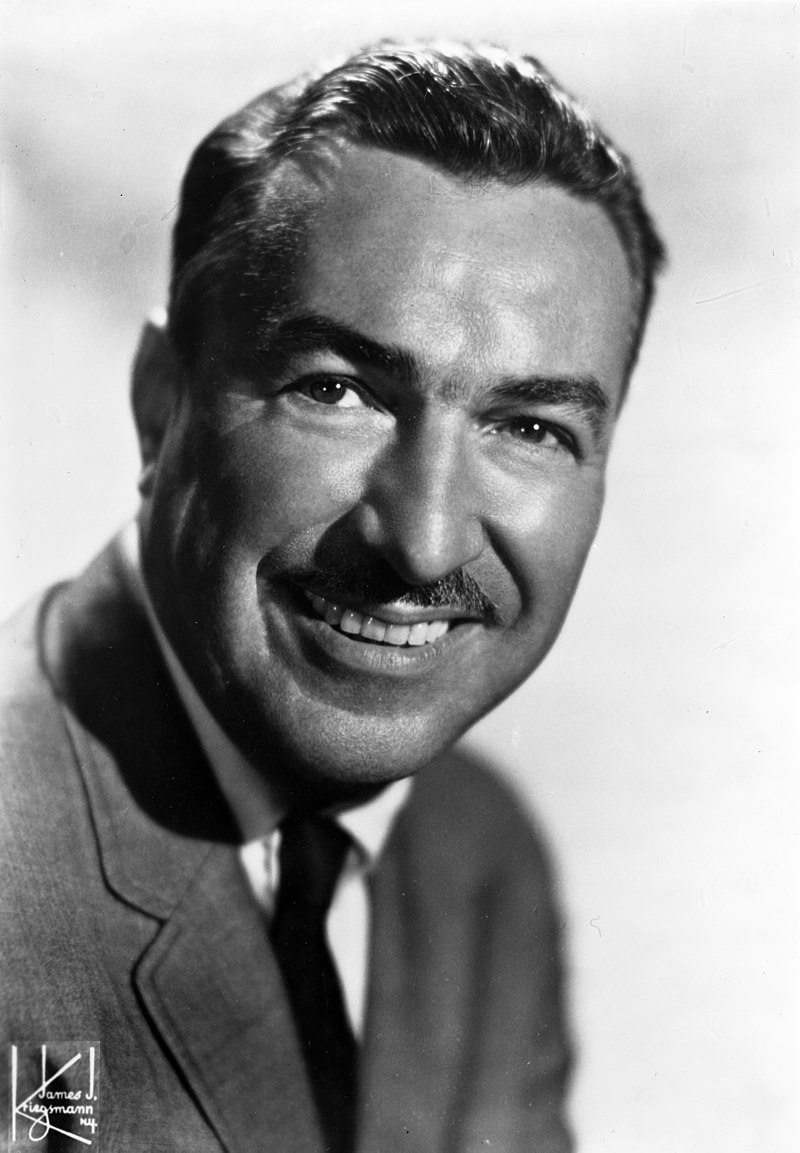Adam Clayton Powell Jr. was a civil rights activist, preacher, and politician. He was the first person of African-American descent to be elected from New York to Congress.
Powell Jr. became a prominent leader in fighting for employment rights and fair housing for Black people in New York City.
In his own summation of his Congressional career he stated: “As a member of Congress, I have done nothing more than any other member and, by the grace of God, I intend to do not one bit less.”
According to a 1996 New York Times publication, one of Mr. Powell’s few close associates observed him as follows: “The man had a rare combination of sheer brilliance on the one hand and childlike naiveté on the other. If he ever wanted something very badly, he could convince himself that he should have it and convince everybody else around him, too.”
The publication described him as the leader of the largest church congregation in the nation at the time, a political demagogue, a Congressional rebel, a civil rights leader three decades before the Montgomery bus boycott, a wheeler-dealer, a rabble‐rouser, a grandstander, a fugitive, a playboy and a most effective chairman of the House Committee on Education and Labor despite a high absentee rate in Congress.

Powell Jr. was born Nov. 29, 1908, in New Haven to Mattie Fletcher Powell and the Rev. Adam Clayton Powell Sr. who later moved to New York, where he was made pastor of the Abyssinian Baptist Church. The church was then on 40th Street, between Seventh and Eighth Avenues.
Powell Jr. would slip out of his father’s church meetings to attend sessions of Garvey’s African Nationalist Pioneer Movement when he was only 15 years.
Young Powell took a bachelor’s degree at Colgate University in 1930 and a master’s degree at Columbia University the following year. An honorary Doctor of Divinity degree was also conferred on him by Shaw University for relief work in Harlem. He also held an LL.D. from Virginia Union University.
Powell Jr. became the Chairman of the Coordinating Committee for Employment and he pressured local businesses to hire Blacks on all levels of employment.
During the depression, young Powell led a series of demonstrations in Harlem against major businesses, department stores, bus lines, the telephone company, Harlem Hospital and others forcing them to hire blacks.
He led a “Shop Only Where You Can Work” boycott of the entire store along 125th street shutting most of the businesses down, thereby forcing them to hire Black workers.
In 1941 he led the bus boycott of the New York Transit authority that led to 200 jobs for Black constituents. Powell ran for the New York City Council with the third-highest number of votes ever cast for a candidate in city elections and was elected in 1941 becoming the first Black to serve on the Council.
He has an aura and charisma that made his supporters love him. He had an eloquence that could be traced to his father and reportedly, he made the black folks feel important.

Powell Jr. was a business manager and leader of the social and welfare programs at the Abyssinian Baptist Church. He directed a soup kitchen and relief operation that fed, clothed and provided fuel for thousands of the Harlem destitute.
For his relief work, Emperor Haile Selassie of Ethiopia presented him with a golden medallion that he reportedly wore often.
Then in 1944, Powell ran for a seat in the U.S. House of Representatives. He ran on the platform of fighting for the civil rights of Blacks including seeking a ban on obstacles voting rights (such as poll taxes), fair employment opportunities and a ban on lynching. Powell was elected in 1944 representing the 22nd Congressional district and became the first Black Congressman from the state of New York from 1945 until 1971.
Powell who was already a threat to many southern members of congress because of his race got into trouble when he was accused of spending committee funds on vacation traveling expenses. In 1958, Powell was indicted by a federal grand jury for income tax evasion. The trial ended in a hung jury but the Federal government continued to investigate his finances.
Even his enemies praised him. As quoted by the New York Times, “His ability to grasp the essentials of a situation quickly and, after listening to everybody else, then come up with a solution no one else ever thought about, made him a natural leader,” one longtime friendly enemy said.
In 1961, after 16 years in the House, Powell Jr. became the first Black Chairman of the Labor and Education Committee. His committee passed dozens of social and economic measures which included the passage of the 1961 Minimum Wage Bill, the Manpower Development and Training Act, the Anti‐Poverty Bill, the Juvenile Delinquency Act, the Vocational Educational Act and the National Defense Educational Act.
The committee, under Mr. Powell, helped pass 48 major pieces of social legislation involving a total outlay of more than $14‐billion.

Presidents John F. Kennedy and Lyndon B. Johnso applauded him and the Congressional Record reported that his committee had processed more important legislation than any other major committee.
In 1967 Powell was excluded from his seat by Democratic Representative-elect of the 90th United States Congress following allegations of corruption. However, he was re-elected and regained the seat in a 1969 ruling by the Supreme Court of the United States. He retired from electoral politics after losing his seat in 1970 to Charles Rangel.

Powell Jr. died at Jackson Memorial Hospital in Miami, Florida on April 4, 1972, aged 63. After his death, New York City officials renamed Seventh Avenue in Harlem Adam Clayton Powell, Jr. Boulevard.
And in 1983 the Harlem State Office Building was renamed the Adam Clayton Powell Jr. State Office Building.










